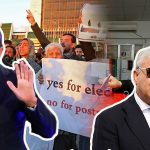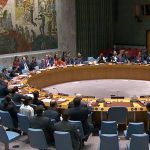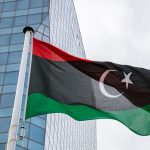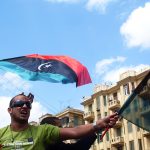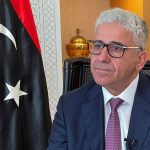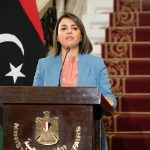Tripoli clashes: One of rival PMs attempts to claim role, retreats soon after
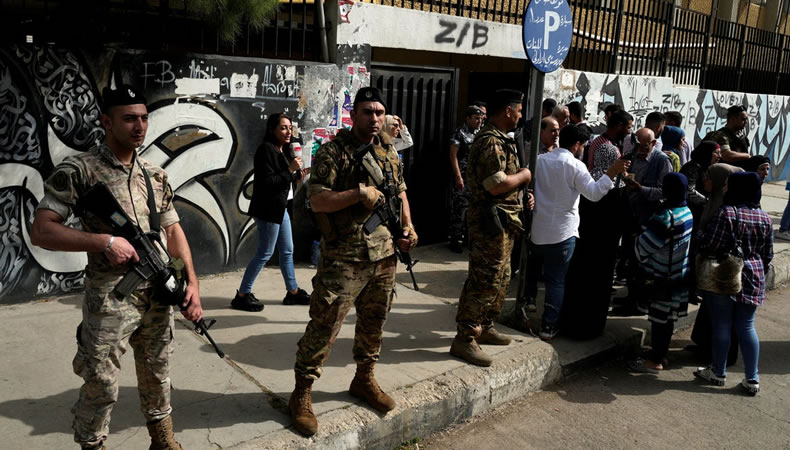

Explaining the reason, Bashagha said he retreated to “prevent further bloodshed”. In fact, one of the rival prime ministers had misjudged the level of military opposition that would be waiting for him in Tripoli.
The secret ‘overnight’ visit to Tripoli
Fathi Bashagha entered Tripoli secretly overnight with support of powerful armed group, The Eighth Brigade. But Bashagha found himself sidelined with no other support as he expected, not in the capital nor from outside. There was dire miscalculation of militia support from his end.
Related Posts
Political stalemate
Libya is witnessing an extended political stalemate as rival groups claim their power to run the country since the UN-backed presidential elections planned for December last year were shelved. The reasons were too many to handle – unclear rules over polls, disputed eligibility criteria of the presidential candidates and no consensus over election result acceptance.
Bashagha’s retreat and damages ensued
The retreat of Bashgha after his camp pompously declared of their support in Tripoli does hurt his image. This also damages his international portrayal of a figure that will “unify the country”. Bashagha, though coming from north-western part of Libya, allied to Marshall Khalifa Haftar, the military strongman in the east, just before December elections.
The only person this incident has really helped is the caretaker prime minister of Libya, Abdul Hamid Dbeibah. He was elected last year by UN as caretaker PM until elections. But failed polls created a huge political chaos in Libya as Dbeibah refused to step down until elections take place as planned.
The international bodies continue to bolster the efforts to bring calm and order in Libya a decade after it went into crisis with toppling and killing of former autocratic ruler of Libya Muammar Gaddafi in 2011 NATO-backed uprising. The US embassy in Washington has said, “Political leaders must realise that seizing or retaining power through violence will only harm the people of Libya.”

